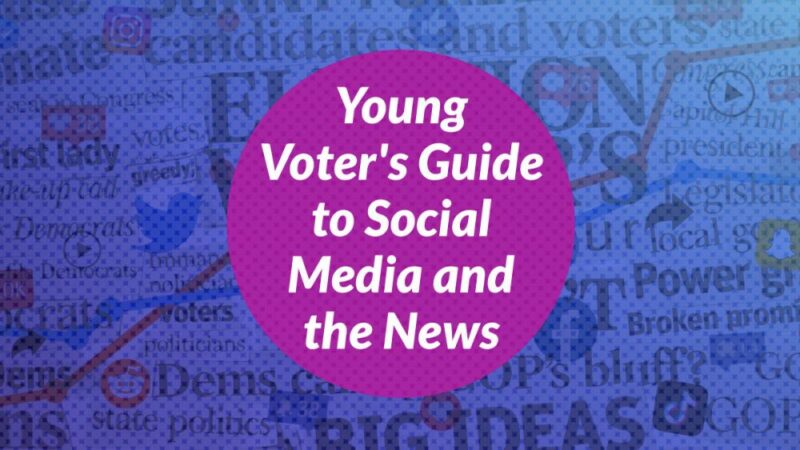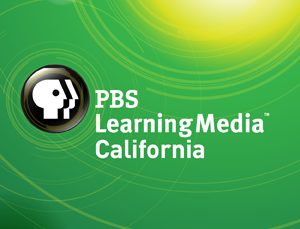
IEP Accommodations During Distance Learning [web resource]
One of the biggest challenges with distance learning is how to implement accommodations for students who have an Individualized Education Program (IEP). Read more >>
Request an Appointment
English: 650.688.3625
Medi-Cal: 650.688.3650

IEP Accommodations During Distance Learning [web resource]
One of the biggest challenges with distance learning is how to implement accommodations for students who have an Individualized Education Program (IEP). Read more >>

Arthur on Racism: Talk, Listen, and Act [web resource]
Help introduce young learners to discussions around race and racism with classroom resources and support materials from Arthur. Find video clips, classroom book lists, and downloadable handouts with tips on how to make your classroom a safe space on PBS Read more >>

New Cyberbullying Trend: ‘Tea’ Accounts Used to Gossip About and Harass Students Online
Three weeks into the school year, the Granite School District in Utah is seeing a surge in cyberbullying. The district notified parents via Facebook, saying schools have seen a “significant rise in cyber-bullying using anonymous social media accounts.” Read more >>

Building Trauma-Sensitive Schools — Online Training for Educators [web resource] [downloadable]
Schools play a significant role in supporting the health and well-being of children and youth, including those affected by traumatic experiences. In a trauma-sensitive school, all aspects of the educational environment—from workforce training to engagement with students and families to Read more >>

Young Voter’s Guide to Social Media and the News [web resource]
Millions of young voters are gearing up to vote in November—many for the first time—but feeling overwhelmed by the constant barrage of information on social media. Read more >>

8 Tips to Help Your Child Focus and Stay Engaged During Distance Learning
Maintaining high levels of engagement can be challenging in a distance or hybrid learning environment, even for savvy adult learners. Read more >>

What Does it Mean to be Anti-Racist? [web resource]
Anti-racism is a term that’s been around for awhile but has been appearing more in conversations lately. It’s the idea that people of all races, but especially white people, need to step up when they see explicit or structural racism. Read more >>

Bring the World to Your Classroom — Free Resources for California Educators [web resource]
KQED and PBS have curated free, standards-aligned videos, interactives, lesson plans, and more just for California educators! Read more >>

Back-to-School: A 4-Week Plan for a Great Start [downloadable]
Is your child heading back to school soon? There’s a lot going on—and a lot to keep track of. Download this one-month planner from Understood with daily tips to help your child start the new school year right. Read more >>

Going back to school can be exciting, but it can also be scary. Kids with learning and thinking differences may have added concerns and issues with self-esteem. These back-to-school book picks from Understood‘s founding partner Reading Rockets can show them Read more >>
English: 650.326.5530 | Español: 650.688.3650 | Fax: 650.688.3669
English: 650.326.5530
Español: 650.688.3650
Fax: 650.688.3669
English: 650.668.3625 | Español: 650.688.3650 | careteam@testing.chconline.org
English: 650.668.3625
Español: 650.688.3650
careteam@testing.chconline.org
© 2024 Children’s Health Council. All rights reserved.
CHC Palo Alto: 650 Clark Way, Palo Alto, CA 94304 | 650.326.5530
CHC South Bay: 2280 Kenwood Avenue, San Jose, CA 95128 | 408.831.7512
CHC Ravenswood: 1765 E Bayshore Rd, East Palo Alto, CA 94303 | 650.702.2487
CHC Palo Alto:
650 Clark Way, Palo Alto, CA 94304
650.326.5530
CHC South Bay:
2280 Kenwood Avenue, San Jose, CA 95128
408.831.7512
CHC Ravenswood:
1765 E Bayshore Rd, East Palo Alto, CA 94303
650.702.2487